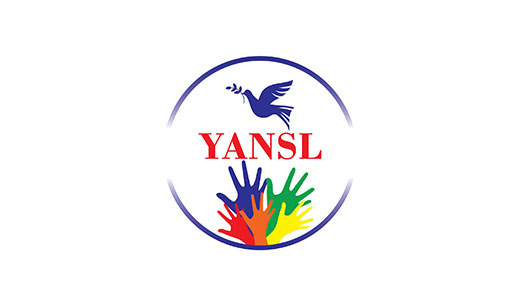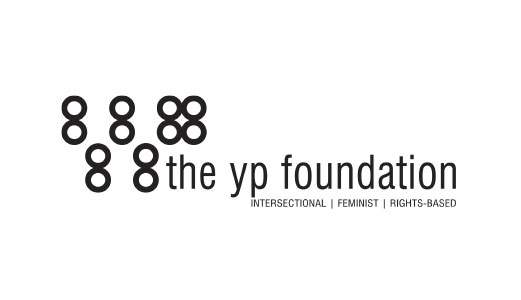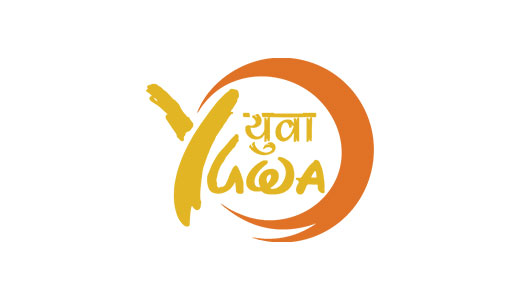About Us
Why are we challenging criminalization of adolescent sexuality?
What is criminalization and why does it matter to feminists? The past 10 years have seen a growing debate among feminist, human rights, sexual rights, young people’s rights, and other social justice advocates about how to engage with the state around punitive laws and policies. Some of these efforts have received wide agreement from advocates, particularly calling for the decriminalization of consensual sexual activity between young people under age 18. At the same time, some advocates have called for increased state engagement and stricter laws and policies (especially in the area of gender-based violence, “hate crimes,” or age of consent). However, once codified, state engagement can result in overreach and over-reliance on criminal law and penal systems to address violations of rights.
Over-criminalizing young people
‘Over-criminalization’ harms some people more than others, including young people. Violations of the human rights of young people are frequently set aside in the name of ‘protection.’ However, rather than reducing harm, these punitive laws and policies result in criminalizing young people—especially young women, adolescent girls, sexual and gender-diverse people and other people experiencing marginalization. When they seek sexual and reproductive health information, services, and advocacy, their ability to make informed decisions around their sexuality and gender is hampered due to laws, policies and regulations that hamper their access to social, legal and health services, or their gender or sexuality transgresses social norms. Criminalization puts those who are supposed to be protected at risk of discrimination, violence, harassment, extortion, and incarceration.
Where does over-criminalization come from?
Social and cultural taboos: The predominance of taboos and cultural proscriptions around the sexuality of young people under the age of 18 lead to legal, policy and regulatory frameworks that fail to distinguish between positive and negative expressions of sexuality, which results in hard and harsh barriers that prevent young people from seeking services, help, and protection, as well as from making empowered decisions. Young people’s efforts to understand and make self-arranged choices about sex and sexuality should be met with support rather than policing and punishment.
Age of majority: In the context of young people’s sexuality, over-criminalization is further complicated by the vast disparity in “age of majority” (and with that some greater ability to self-determine) across communities and countries. International human rights standards set the age at 18, which presents 18 as the bright line between childhood and adulthood, marked by the line between vulnerability and self-determination. Legal and policy regimes tend to focus on protecting young people from imagined harms (some of which may be actual threats) rather than increase their self-determination as part of the “evolving capacity” of the child. This results in laws that prohibit comprehensive sexuality education, negate young people’s possibility to determine their own gender and sexual identity, criminalize young people for having sex, and pit their interests against that of their parents, teachers, and service providers.
Age of consent laws: Age of consent laws tend to assume a context of violence and criminality and are most often found in penal codes. They typically define consent from the perspective of rape, statutory rape, and other forms of sexual violence. As Amnesty International notes, “this focus on protection from harm rather than consent and empowerment can have unintended consequences and serious implications for adolescents’ ability to realise their human rights.”
Criminalization=restrictions on rights: Despite the evidence, our own feminist, human rights, sexual rights, young people’s rights, and other social justice movements have too often embraced approaches that emphasize punishment and policing, and may well do harm in the name of deterring rights violations or as a prevention framework. In addition, the landscape in which states expand their penal reach is not neutral. Rather, prosecution and policing tend to follow and reaffirm pre-existing inequalities of gender, ethnicity, nationality, race, language, (im)migrants status, and health status, among others.
Our Partners
CREA is working with partners in South Asia and South Asia to build this campaign









